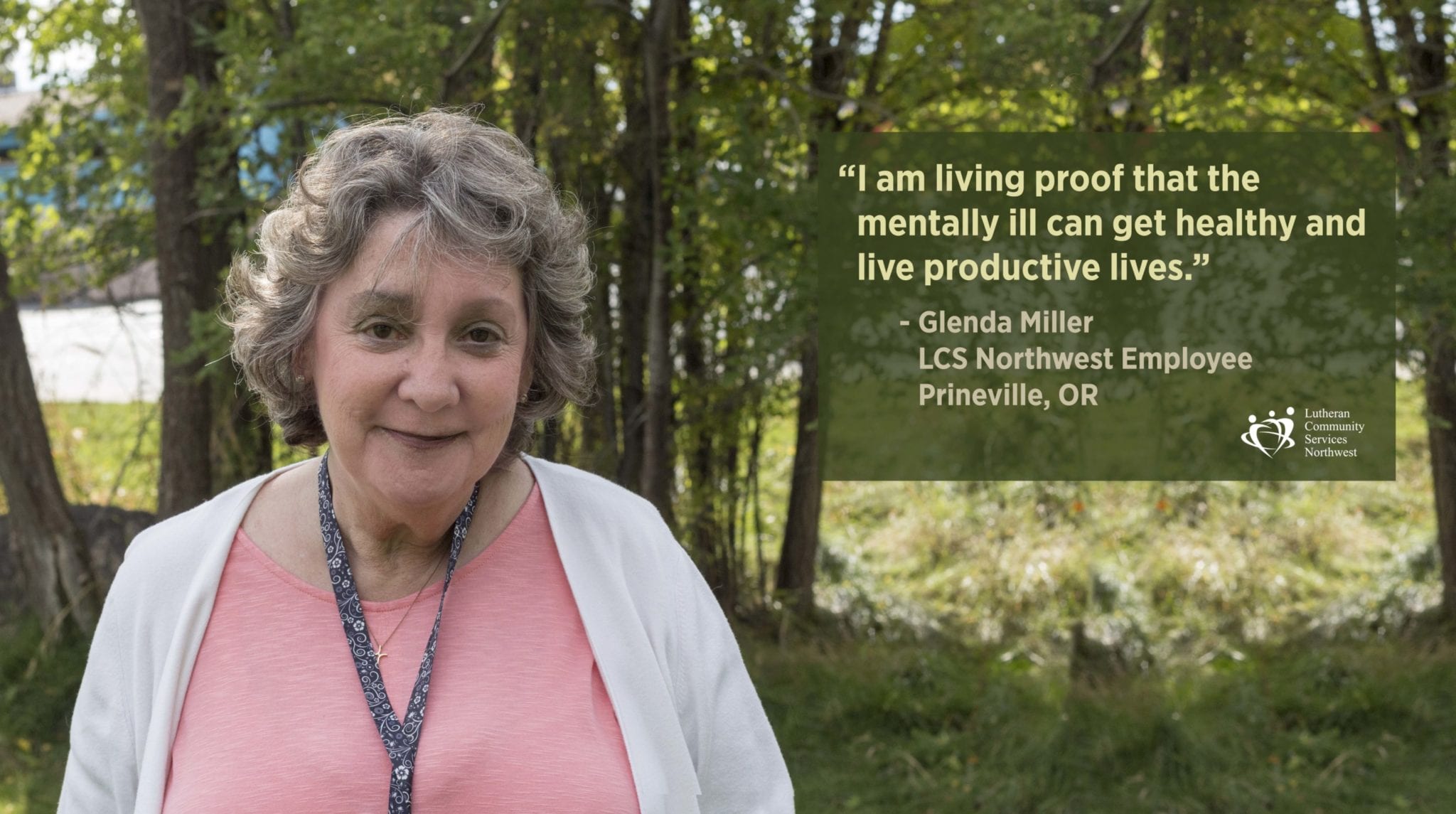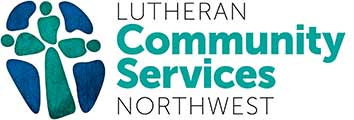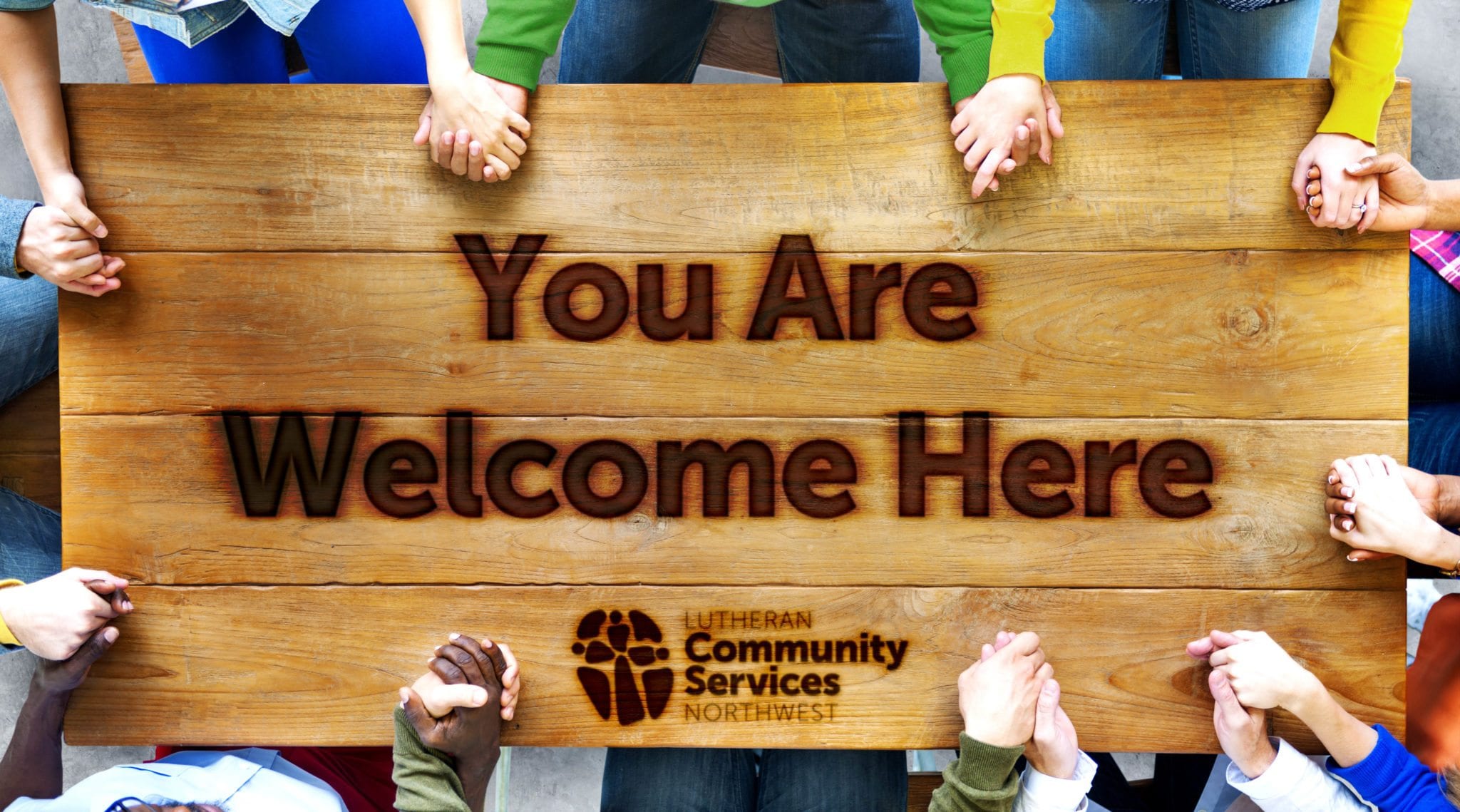 Prineville, OR – Healing happens, just ask Glenda Miller.
Prineville, OR – Healing happens, just ask Glenda Miller.
A year ago, Miller had filed for disability and was struggling with mental illness. Communicating was tough, leaving home was a challenge, and she couldn’t hold a job. One day she talked to her bible study group about her condition, and a woman there told her to get help from Lutheran Community Services that day. She followed her advice.
“I am healthier now than I have been in a long, long time,” Miller said. “I am living proof that the mentally ill can get healthy and live productive lives.”
The change was and remains a process. When she came to LCS Northwest Prineville last October, she met with the crisis team who referred her to therapist Beverly Rossiter on the Adult Mental Health team.
“She was absolutely incredible,” Miller said. They teamed with Nick Campo, a psychiatric mental health nurse practitioner who works with LCS Northwest on medication management. Miller had a long-time bipolar diagnosis before LCS, and was rediagnosed with major depressive disorder. Campo changed her medication in December, and along with therapy, her life improved.
Miller started looking people in the eye and communicating honestly with them. She wasn’t afraid to drive anymore. She no longer dreaded the grocery store. She got her life back.
“I was brave enough to ask Beverly to refer me to Supported Employment,” Miller said. She was assigned to LCS Northwest’s Supported Employment Specialist Karianne Clark. They rebuilt Miller’s resume and created a cover letter. She had worked as a business manager for the Montana Rescue Mission in Billings and with Helping Hands, a women’s recovery house in Seaside, OR.
Then the right job opening came along. Miller was qualified. The position: Peer Support Specialist. The organization: LCS Northwest. The job was with a new rental assistance program for the Prineville office called Choice Matters.
Miller got an interview, and earned the job. She started in February. She was “scared to death” to the point she forgot her job title in the first meeting. Since then, she has changed completely.
“I’m not afraid to talk to anybody,” Miller said firmly. “I’ve gotten up and talked to the city council about the housing issue. The other day I talked to Rotary about our work.”
Choice Matters partners with people who have severe and persistent mental illnesses. They must have some type of income to qualify. Clients pay one-third of their income toward rent and the grant picks up the rest.
Miller works as an advocate. She makes sure landlords follow fair housing laws. If clients have a drug conviction, Miller helps them write a letter to a potential landlord about where they were and how they’ve changed.
She provides person-centered support focusing on the positive things clients have done. With each visit, positive attribute lists get longer. When clients don’t think Miller understands, they find out about her battle with mental illness and addiction.
“I really do know what’s going on in their lives because I’ve lived it,” said Miller, who is in long-term recovery and has been sober for more than eight years.
After six months on the job, Miller looks forward to work, and the connections she has built.
“I’m so happy to work with this organization,” Miller said. “The team I worked with literally saved my life. I honestly didn’t think that I could ever work again. They believed in me. Now I believe in myself.”

